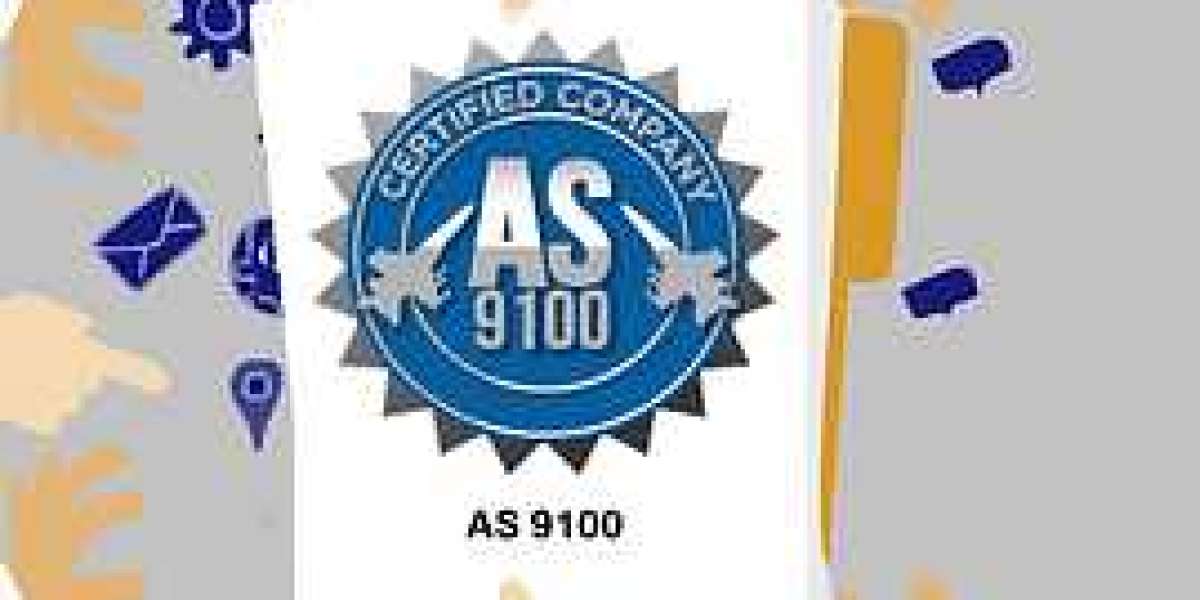In the high-stakes world of aerospace manufacturing, precision, quality, and safety are non-negotiable. With the demand for air travel continually on the rise and technological advancements pushing the boundaries of what's possible in aviation, adherence to stringent standards is paramount. This is where AS9100 certification comes into play—a mark of excellence that signifies a company's commitment to meeting and exceeding the highest industry standards.
AS9100 is a quality management system (QMS) standard specifically designed for the aerospace industry. Developed by the International Aerospace Quality Group (IAQG), AS9100 builds upon the ISO 9001 standard but incorporates additional requirements tailored to the unique needs of aerospace manufacturers and suppliers. This comprehensive framework covers everything from product design and development to manufacturing, installation, and servicing, ensuring a systematic approach to quality management throughout the entire supply chain.
Achieving AS9100 certification is no small feat. It requires rigorous adherence to a set of demanding criteria, including stringent documentation and record-keeping, meticulous process controls, thorough risk management practices, and a relentless focus on continuous improvement. Companies seeking certification must undergo extensive audits conducted by accredited third-party certification bodies to demonstrate their compliance with the standard.
The benefits of AS9100 certification extend far beyond mere regulatory compliance. For aerospace companies, certification serves as a powerful differentiator in a highly competitive marketplace, instilling confidence in customers and stakeholders alike. It signifies a company's unwavering commitment to quality, safety, and reliability, bolstering its reputation and opening doors to new business opportunities.
Moreover, AS9100 certification helps companies streamline their operations, reduce waste, and minimize errors, leading to improved efficiency and cost savings. By establishing robust quality management systems, organizations can mitigate risks, enhance traceability, and ensure regulatory compliance, thereby safeguarding their business interests and protecting their brand reputation.
Furthermore, AS9100 certification fosters a culture of continuous improvement, encouraging companies to embrace innovation and strive for excellence in all aspects of their operations. By systematically identifying and addressing areas for enhancement, organizations can drive innovation, optimize performance, and stay ahead of the curve in an ever-evolving industry landscape.
In conclusion, AS9100 certification is more than just a badge of honor—it's a testament to aerospace excellence. By adhering to the highest standards of quality, safety, and reliability, certified companies demonstrate their unwavering commitment to excellence and their readiness to meet the challenges of the aerospace industry head-on. Whether they're manufacturing aircraft components, providing maintenance services, or supplying raw materials, AS9100-certified organizations stand out as trusted partners in the pursuit of safer, more efficient, and more sustainable aerospace solutions.








